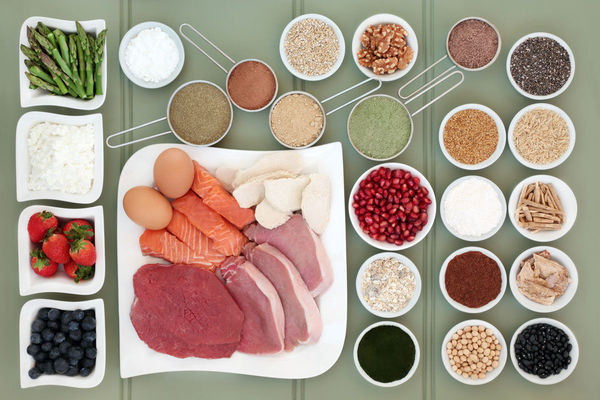
There are a host of reasons why a person chooses to follow a vegetarian diet. Chief among them are health benefits, environmental and sustainability concerns, and concerns about the treatment of animals. All these are great reasons. Here at the University of Notre Dame, I usually see an uptick in the number of inquiries about vegetarian diets this time of year. For whatever reason it has grown in popularity for students to give up meat or go completely vegan for lent. And because of this, I thought it would be timely to explore plant proteins.
Any protein from an animal source is what we call a “complete” or a “high quality” protein. That means that all the essential amino acids are present. Essential amino acids, of which there are nine, cannot be made by the body and therefore must be supplied through the diet. Lacto-ovo vegetarians consume dairy products and eggs. Because these foods are animal sources of protein, the proteins are “complete” and capable of meeting an individual’s protein needs as long as adequate calories are consumed. If someone is a strict vegetarian, they are what we refer to as “vegan” and will not consume dairy or eggs, thereby making it a bit more challenging to get in the right levels of those nine essential amino acids (One exception is soy; soy is the only vegetable source of protein that is considered “complete”). For this reason, back in the 1970s, it was thought that one needed to combine “complementary proteins” from different vegetables and grains in order to provide adequate protein. However, this is not necessary. We now know that the liver stores the various essential amino acids over the course of a day and can synthesize the protein it needs without deficiencies.
Another interesting difference between plant protein and animal-source protein is the digestibility factor. Proteins in plants are digested less well than animal proteins, which has led some experts to recommend a 10% higher protein intake if one is consuming strictly plant proteins. Even at that, it is a fairly insignificant issue since most individuals consume a good deal more protein each day than is required. In other words, it is uncommon when analyzing diets here at ND that someone is deficient in protein, vegetarian or not.
The take-home message here is that one can get all the protein they need whether they are consuming animal protein or plant proteins. If one is new to the vegetarian or vegan diet, consuming soy foods such as tofu and soy milk, as well as legumes on a daily basis are surefire ways to guarantee adequate protein.